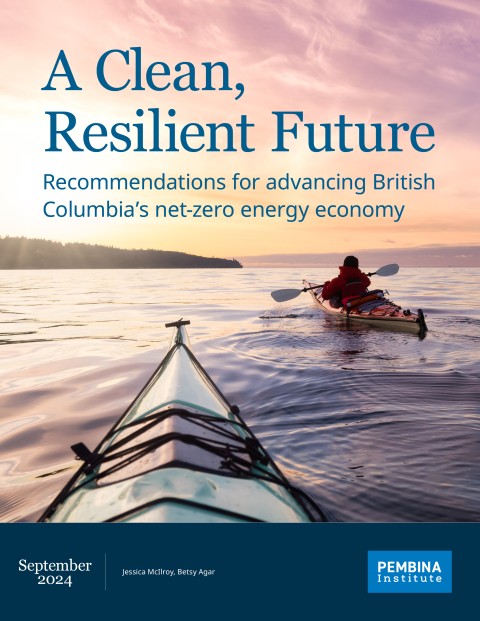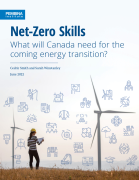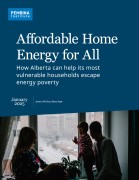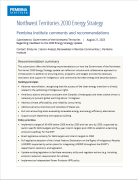British Columbia has an opportunity to be a net-zero energy leader, and an economic leader. In 2024, these forms of leadership are inseparable. Climate policy is energy and economic policy, and jurisdictions that welcome the net-zero energy economy will thrive, while those that do not risk losing investment to their more innovative competitors. B.C. is a leader in connecting climate and energy policy, and there are ample reasons to be bold and continue moving towards the long-lasting reliability, sustainability and affordability of low-carbon energy, the backbone of a 21st-century economy.
Since the last election, B.C. has made progress on measures that will reduce carbon emissions, scale up the deployment of low-carbon energy, increase the resilience of communities in the face of extreme weather, and create a solid foundation for the net-zero economy of the future — keys to sustaining prosperity and improving the quality of life for everyone. The assessment we conducted with Simon Fraser University, All Together Now: A provincial scorecard on shared responsibility reduce greenhouse gas emissions in Canada, found that B.C. is Canada’s best-performing province for climate action. However, B.C. is not competing against its fellow provinces for climate change accolades. Far from it; it is competing in a global marketplace for a share of the investment in a net-zero economy.
We believe British Columbia is well positioned to be a clean energy leader. With smart choices over the next four years, the province will be able to attract the investment that will fuel ongoing prosperity and good jobs, while delivering affordable energy that people and industry can count on.
Quick facts
- B.C. was responsible for 9% of Canada’s national emissions in 2022.
- Extreme weather is costing B.C.’s economy an estimated $10.6 billion to $17.1 billion annually.
- 83% of British Columbians say it is important that the province has an energy strategy to meet future energy needs as the world transitions away from fossil fuels and toward net-zero energy resources.
Our recommendations
A Clean, Resilient Future makes recommendations in eight major policy areas that will be key in the next government’s ability to ensure a climate safe and prosperous future for B.C:
- Create an energy plan aligned with B.C.’s climate plan.
- Support zero-emissions transportation.
- Promote climate-resilient buildings.
- Address embodied carbon (in concrete, for example).
- Grow clean electricity supply.
- Reduce oil and gas emissions.
- Support clean energy in remote and Indigenous communities.
- Prepare industry and workers for a clean economy.
This report outlines key areas that should be a priority for the next government. It builds upon the briefings we provided to the political parties over the summer, and is intended to contribute to an ongoing conversation about how B.C. can fulfill its potential as both a climate and economic leader.
Note: This document was revised on October 15, 2024 to expand the caption and references for Figure 2.








